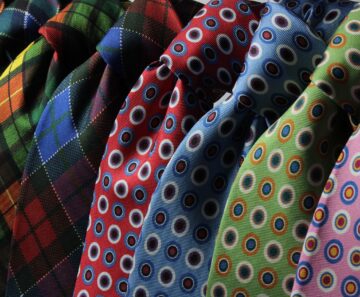In today’s digital age, influencers have become some of the most influential figures on social media platforms. With millions of followers and sponsorships from top brands, these online personalities undeniably impact how we view products, lifestyle choices, and even ourselves. Influencers shape trends from fitness gurus to beauty experts, travel bloggers to tech enthusiasts, and can make or break a brand. However, as their influence grows, questions about the authenticity of these online personas have come under scrutiny. Are these influencers really who they seem, or is there a darker side to the curated images they present?
At the core of influencer culture is the idea of relatability. Followers connect with influencers because they appear to be “just like us”—ordinary people living extraordinary lives, often through the lens of carefully crafted content. Many influencers portray themselves as transparent and down-to-earth, offering glimpses into their personal lives, thoughts, and opinions. This perception is precisely what attracts millions of followers, who view them as accessible role models.
However, this curated image can be deceptive. The truth is that behind the perfect Instagram photos, edited YouTube videos, and expertly composed TikToks, many influencers use highly orchestrated marketing tactics to create an illusion of authenticity. From Photoshop to filters, lighting tricks, and strategically timed posts, an influencer’s polished image often needs to be removed from reality. The pressure to maintain this flawless persona can be overwhelming, with influencers sometimes feeling trapped by their audience’s expectations.
One of the biggest concerns is the growing trend of “fake authenticity.” Influencers know that their followers crave transparency, but often this transparency is carefully managed. Some influencers stage emotional moments, fabricate personal stories, or exaggerate struggles to appear more relatable or to sell products. For example, an influencer might share a “struggle” with mental health or body image issues only to promote a product later—a skincare item, a weight loss supplement, or a fitness plan—that conveniently promises to solve the problem they’ve just discussed. This manipulation of emotions for financial gain raises ethical concerns, as it can lead to the exploitation of vulnerable followers.
Moreover, many influencers have come under fire for promoting products that don’t align with their actual beliefs or values. The rise of paid partnerships and brand sponsorships has created a situation where influencers may endorse products they don’t genuinely use or believe in, all for monetary compensation. This has led to accusations of dishonesty and exploitation of their followers. The lack of transparency about these paid partnerships means that viewers can easily be misled, especially when influencers don’t disclose sponsorships or advertisements.
The issue of “fake it until you make it” also extends to the portrayal of wealth and luxury. Many influencers flaunt designer clothes, lavish vacations, and expensive gadgets, giving the impression that these items are the result of hard work and success. While some influencers may have genuinely achieved wealth, others are simply borrowing or renting these items to maintain the illusion of affluence. This can set unrealistic expectations for followers, leading them to believe that these lifestyles are easily attainable or that they too should aspire to live in such a way.
At the heart of these concerns is a loss of trust. When followers discover that their favorite influencers have been less than honest, it can lead to disillusionment. The very nature of influencer culture thrives on trust—trust that the influencer is genuine and transparent. Once that trust is broken, the relationship between influencer and follower can become fractured.
As influencers play a significant role in shaping culture and consumer behavior, followers must remain vigilant and critical of the content they consume. While there are undoubtedly many authentic and honest influencers, the industry is riddled with complex marketing strategies, fabricated personas, and hidden agendas. It’s essential to approach influencer culture with a discerning eye, recognizing that, just like in traditional advertising, not everything is as it seems.




